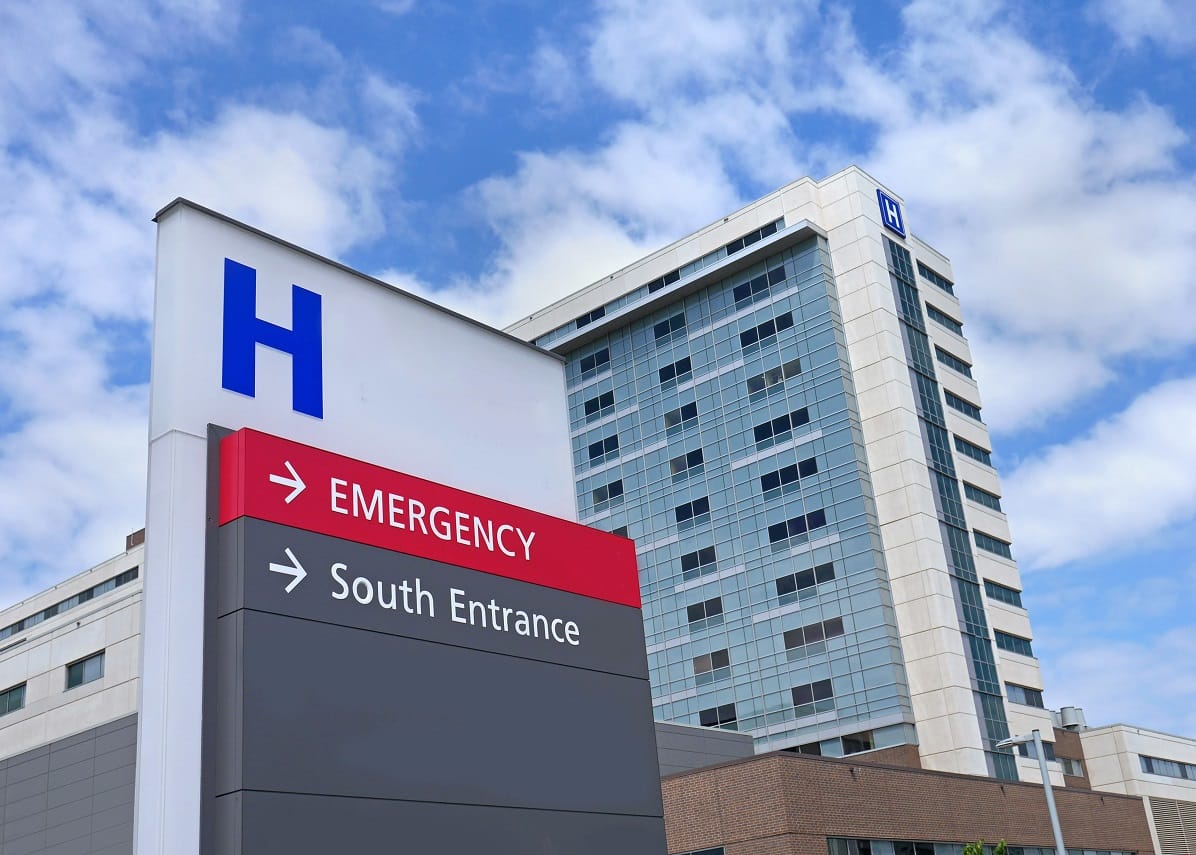A hospital doesn’t always aid in your health and recovery
Posted in Firm News, Medical Malpractice on May 28, 2019

For most parents, admitting your child to the hospital may seem unthinkable. But in extreme instances of medical concern, you may have no choice but to leave your child in a doctor’s care.
If your child requires surgery or becomes ill and needs medical attention, you may need to admit them to the hospital for treatment and continued observation. While you likely want to believe a health care facility is safe and sterile, in some cases, a hospital could increase your child’s medical concerns.
Mold problems affect operations at a local hospital
Several operating rooms at Seattle Children’s Hospital were recently shut down due to the detection of mold. And although the hospital does not believe the contamination put any patients at risk, they rescheduled some surgical procedures, and moved some to their Bellevue campus, while an industrial hygienist locates and rids the hospital of its mold.
While many people experience regular exposure to mold without becoming ill, it can be extremely dangerous for people who have weakened immune systems.
But how would you know if mold affects your child?
How the effects of mold may manifest in your child
Many mold-related symptoms could mimic those of asthma. However, speak with your pediatrician if your child exhibits symptoms which include:
- Wheezing
- Shortness of breath
- Coughing up blood
- A reduced ability to smell
If your child suffers due to mold exposure at a hospital, you would be wise to explore your options. You may be able to recover damages for the additional health concerns your child contracted at the place where they were supposed to regain their health.